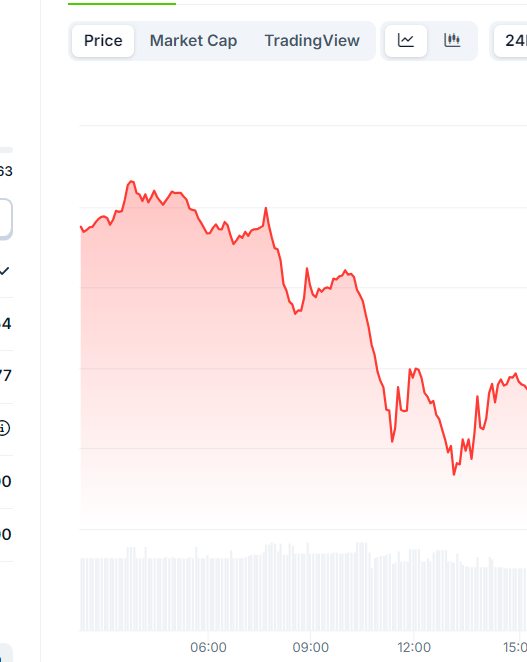The cryptocurrency industry is under immense pressure, according to Robinhood CEO Vlad Tenev, who recently addressed the challenges facing the sector in a candid interview.
Speaking to BBC on 19 December 2024, Tenev highlighted the regulatory scrutiny, market volatility, and public skepticism that have converged to create what he described as a “relentless assault” on crypto.
Tenev goes on to say that he believes the Trump administration will be excellent for business.
While Robinhood donated $2 million to Trump’s inaugural fund, Tenec wrote on X – “Americans deserve access to the best tools and technology that our industry has to offer. We welcome a new administration and sensible regulation that will allow innovation to flourish.”
Last night’s election was historic in another way. There are now four asset classes available to retail investors to trade and hedge overnight: prediction markets, futures, crypto markets, and 24 hour equities markets. It’s amazing the amount of progress the industry has made in…
— Vlad Tenev (@vladtenev) November 6, 2024
Regulatory Pressure Mounts
Tenev’s remarks come at a time when global regulators are tightening their grip on digital assets. Tenev acknowledged that navigating this complex landscape has been a significant challenge for his company and the broader industry.
In the US, the Securities and Exchange Commission (SEC) has ramped up enforcement actions against crypto firms, targeting everything from unregistered securities offerings to alleged market manipulation.
Similarly, European Union lawmakers have introduced stricter rules under the Markets in Crypto-Assets (MiCA) framework, aiming to enhance transparency and consumer protection.
These regulatory developments have created uncertainty for companies like Robinhood, which offers cryptocurrency trading alongside its traditional stock brokerage services.
Public Skepticism Grows
Adding to these challenges is growing skepticism among the public regarding the long-term viability of cryptocurrencies.
High-profile collapses of crypto firms in recent years—such as FTX in 2022—have left many questioning whether digital assets can deliver on their promise of financial decentralization and innovation.
Tenev emphasized that rebuilding trust is essential for the industry’s survival. “The crypto ecosystem needs to demonstrate real-world utility and address concerns around security and fraud,” he said during the interview.
Related: Robinhood Wallet Expands Crypto Offerings With Solana Support
Robinhood Contiues To Navigate The Challenging Market
Despite these headwinds, Robinhood remains committed to its crypto offerings.
Tenev pointed out that the company has taken steps to comply with emerging regulations, including registering with relevant authorities and implementing robust anti-money laundering (AML) measures.
Tenev also pointed to innovations like decentralized finance (DeFi) and blockchain-based applications as potential growth areas for the industry. “While the current environment is challenging, we believe in the transformative potential of blockchain technology,” he stated.
Related: FTX’s Legal Maneuvering: The Battle Over $600 Million In Robinhood Shares
The post Robinhood CEO: Crypto Industry Facing “Relentless Assault” appeared first on 99Bitcoins.








